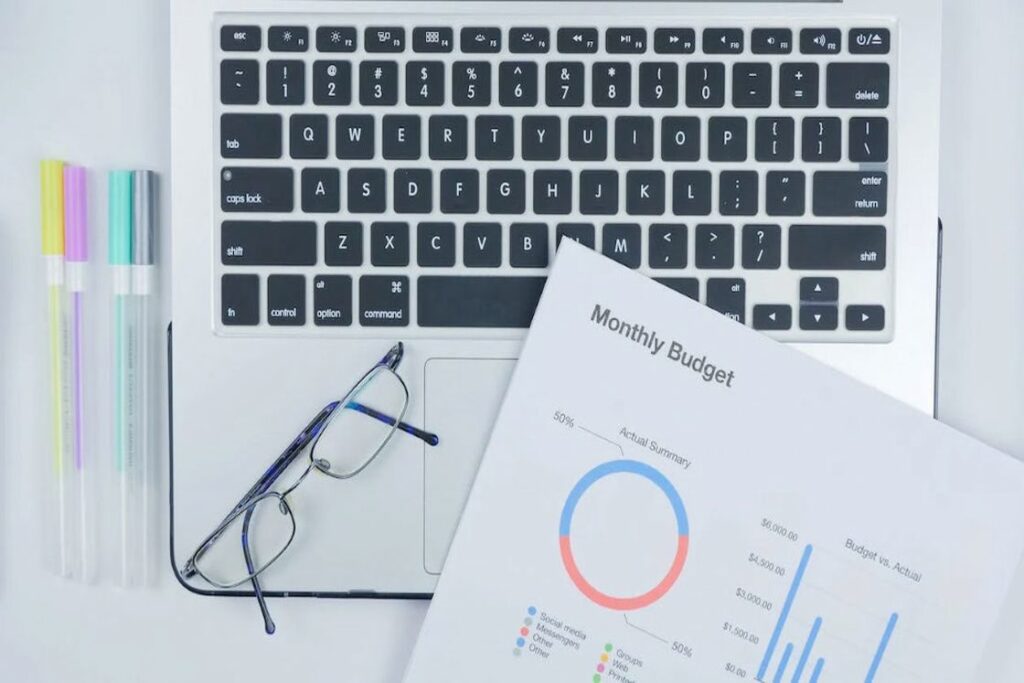Low mortgage rates and a reduction in home prices are two housing-market shifts that motivate people to buy homes. So, let’s look at mortgage rates versus home prices: how to make sense of what you can afford as rates change.
Mortgage Rates vs. Home Prices: How to Make Sense of What You Can Afford as Rates Change
Mortgage rates are the rates of interest charged on mortgages by lenders based on their borrowers’ credit profiles. This can either be fixed -staying the same throughout the mortgage term- or variable -fluctuating with a benchmark interest rate. The rise and fall of these rates significantly influence the housing market and potential homebuyers’ ability to purchase homes.

Home prices are the total amount individuals pay to acquire their homes. In the real estate industry, there is a strong correlation between rates and home prices. In over three decades, rate increments have corresponded with home prices.
This implies that as rates increase, so do home prices, and vice versa, with the only exception being during the Global Financial Crisis when home prices dropped despite an increase in rates. Although changes in rates may not immediately reflect on the home prices, both factors determine what type of property homebuyers can afford.
How Do Mortgage Rates Influence Home Prices?
The housing market is highly interconnected, and it isn’t far-fetched to think that a change in mortgage rates will influence the total amount it will cost homebuyers to finance a purchase. When the Federal Reserve decides to raise the rates, it leads to an increase in the monthly payment for a loan of the same amount.
For example, a 30-year fixed-rate loan with a 10% down payment and 4% interest rate on a $600,000 home would cost $2,500 monthly. At 7%, the payment would be $1,100 higher at $3,600 monthly. Therefore, a good way to determine what you can afford would be to apply the housing affordability index, which is usually based on the prevailing home prices and income data.
Factors That Determine Changes in Rates
When trying to make sense of what you can afford as rates change, it is necessary to follow up on major trends and understand the factors that determine these changes in the first place. Such factors include:
- Supply and demand
- Inflation
- Government intervention
Supply and Demand
One factor determining the variations in mortgage rates is the supply and demand of money or credit. In essence:
- When there is an increase in demand and supply is limited, rates are bound to rise
- On the other hand, rates will go down when there is a decrease in demand and supply is adequate.

An increase in the amount of money available to borrowers increases the credit supply. The more credit available to the economy, the more lenders can reduce the cost of borrowing money. However, the availability of money to the economy diminishes as borrowers postpone the repayments of their loans, resulting in increased rates.
Inflation
Inflation is an economic situation with a continuous rise in the cost of goods and services. Just like supply and demand, inflation plays a role in determining rates. Therefore, the higher the inflation rate, the more interest rates are likely to go up. This is because the money available does fewer things than it previously would have.
Not only does high inflation increase rates, it also causes treasury yields. This occurs because lenders request higher rates to compensate for the reduction in the purchasing power of the money paid throughout the mortgage.
Government Intervention
The government also determines how rates are affected as it may step in to influence interest rates when necessary. This is primarily accomplished with the Federal Reserve directly purchasing bonds and other securities for sale in the open market. In essence:
- The more securities the government buys, the more money lenders can give out.
- When the government sells securities, it reduces the funds at the lenders’ disposal, thereby increasing rates.
In other words, the Federal Reserve controls mortgage rates by raising or lowering the federal funds rate. Although the Fed Rate has no direct impact rates on mortgages, it affects many markets that impact these rates.
Tips to Make Sense of What You Can Afford as Rates Change
The tips listed below are to guide you on how you can understand fluctuations in the market and identify properties that are ideal for you:
Consider Your Overall Budget
Always put into consideration your monthly expenses when looking at your housing budget. As a homebuyer, you should ensure that your monthly mortgage payment comfortably fits your budget. A general rule of thumb is to spend only a small percentage of your income on your total housing cost, including property taxes, home maintenance, and insurance.

Look Into Other Available Rates
When buying a home, you should be willing to research different mortgage lenders to compare the rates and fees each one charges. The mortgage rate you’ll get will mostly depend on your credit score. So, a higher credit score of 740 and above will definitely get you more favorable rates.
You can also work with your lender to understand how your monthly payment would change in case of future rate increases.
Consider a Large Down Payment
One way to lower your subsequent monthly payments is to make a larger down payment to reduce your initial borrowed amount. While this may be difficult for first-time buyers, it works quite easily for a person selling off one home to purchase another and has a huge amount of equity.
Work With a Real Estate Professional
Working with a dependable and qualified real estate professional can help you make perfect sense of what you can afford, even when shift occurs in the housing market. At AZ Flat Fee, you get the chance to work with experienced agents that can study the housing market trends and assist you in making beneficial financial decisions.
Frequently Asked Questions
What Is a Good Mortgage Payment?
A good mortgage payment can be determined by following the 28% rule. With this rule, you can know how much monthly mortgage payment you can afford by multiplying your monthly gross income by 28%. For example, if you make $20,000 monthly, your monthly mortgage should be at most $5,600.
Can Lenders Reduce Mortgage Rates?
Yes, lenders can reduce mortgage rates as long as you negotiate when getting a home loan. However, many homebuyers tend to skip negotiations and go with the first offer.
Conclusion
While it is important to remember that rates and home prices determine what you can afford, one should recognize that several factors influence them. A complete understanding of these factors can guide you in making smart home purchases.








